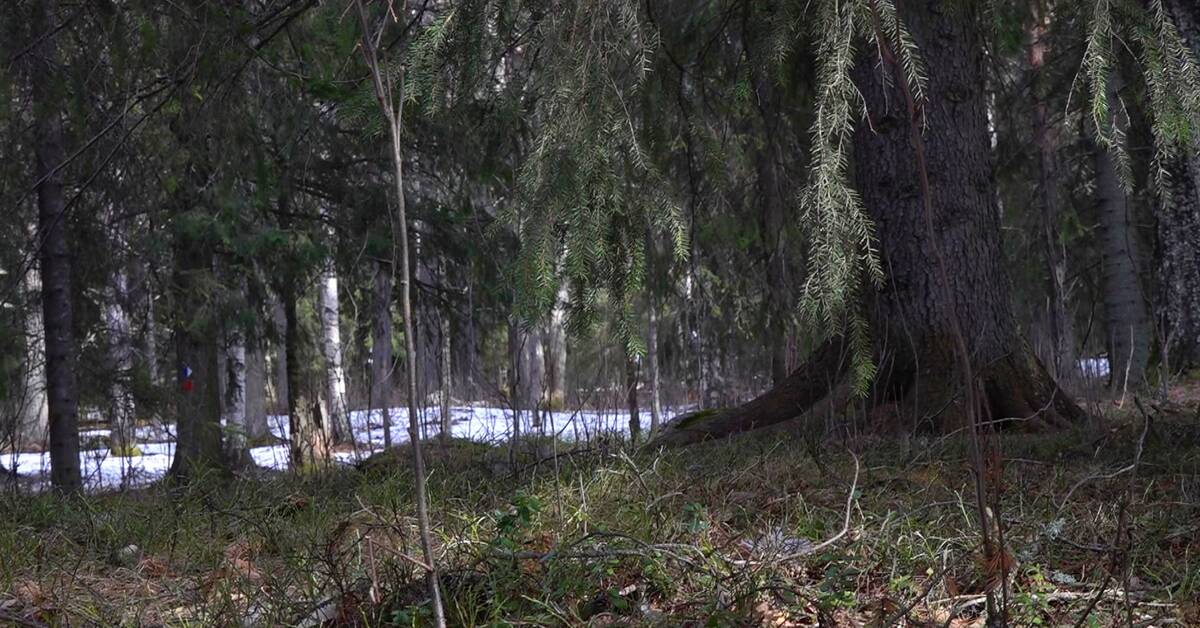On Wednesday evening, the Riksdag made a decision on the future forest policy when the forest bill was hammered through.
The most concrete proposal is that a land exchange program is now set up.
This means that private forest owners who want to protect valuable forest (through formal protection) must be able to receive replacement land from the state in exchange.
State-owned Sveaskog will set aside 25,000 hectares of productive forest land for that purpose.
In addition, an additional 60,000 hectares of state land will be used as replacement land for forests worthy of protection within the framework of the so-called “land sales program”, which already exists but will now be given a new focus.
Voluntariness in protection is established
Forest policy contains two equal goals: the production goal and the environmental goal.
The purpose of the current forest proposition has been to strengthen the landowner's ownership of his forest, among other things by stipulating that in the case of formal protection of forest (reserve, biotope protection or nature conservation agreement), voluntariness shall be the basis for the forest owner.
Therefore, owners must be offered new replacement land when valuable forest is protected.
The exceptions - when authorities establish protection against the will of a landowner - should only be allowed "when justified" and "more restrictively" than today.
Compensation for denied felling in mountains close to the mountains
The intention is therefore that it will be easier and faster for landowners to protect forests and receive compensation.
The Riksdag said yes to a number of proposals that will facilitate, including simplification of rules and more favorable tax.
Several authorities are now being commissioned to develop concrete measures.
It is already clear that compensation for encroachment on landowners who are denied felling in mountains close to the mountains will be legislated.
It must be possible to revoke nature protection
The Riksdag also made four calls to the government to take into account in the future:
The reporting of protected forests to the European Environment Agency should be reviewed, as there are indications of under-reporting.
Formally protected nature must be reviewed at regular intervals and it must be possible to revoke the protection.
A review will take place to see how the role of the bioeconomy in climate change can be strengthened.
Additional measures need to be taken to control the spruce bark beetle in protected areas and compensation to individual forest owners.

